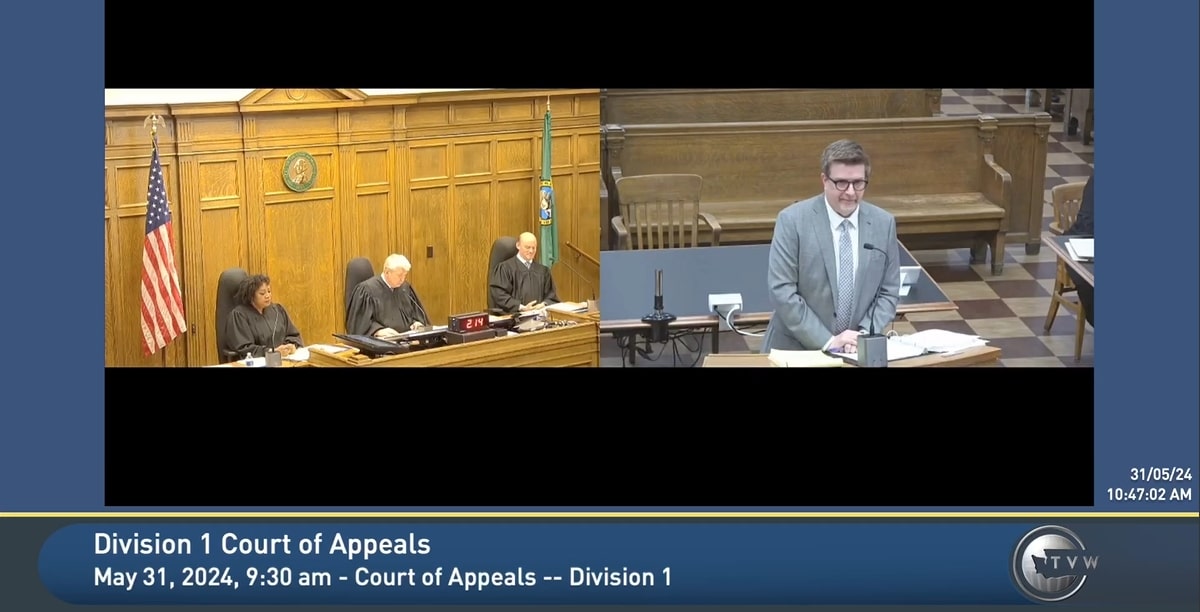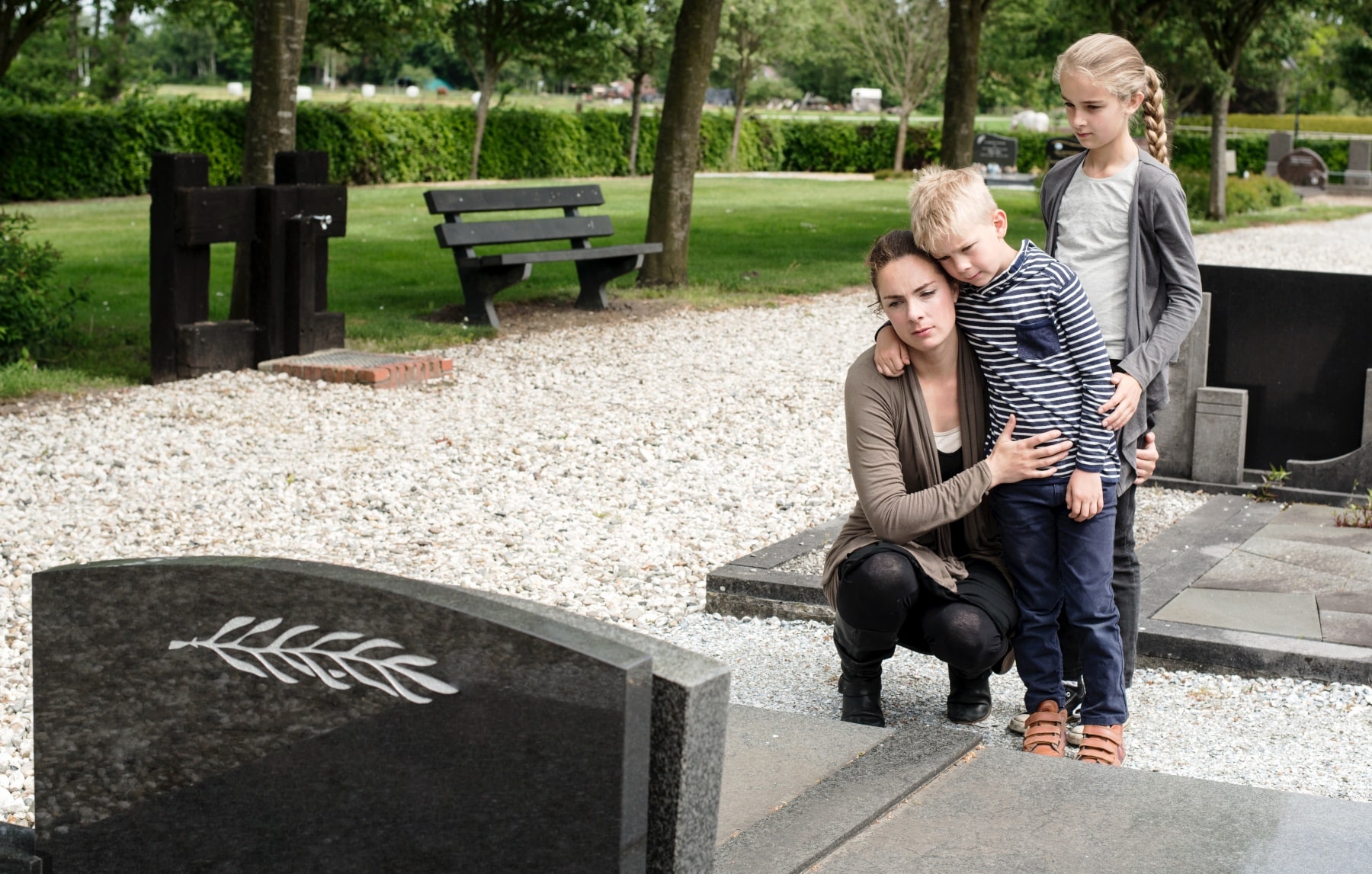What is the 2025-2026 Cost of Living Adjustment in Washington State Workers' Compensation? Washington State’s Department of Labor & Industries…
Division 1 Court of Appeals Ruling: Ten Injured Workers v. The State of Washington

Following the argument of Washington Law Center attorney, Scott Goodrich, on August 12, 2024, Washington State’s Division 1 Court of Appeals published a landmark decision in the case of Ten Injured Workers v. The State of Washington. This decision marks a significant victory for injured workers and upholds the fundamental right to Free Speech, striking down an unconstitutional law that sought to silence their voices.
Background: Challenging an Unconstitutional Law
The Washington Legislature recently passed a statute—RCW 51.36.070(4)(g)—that sought to preempt injured workers from uploading videos of Independent Medical Examination (IME) exams to social media. These exams, often a compulsory precondition to receiving state-administered workers’ compensation benefits, are critical in the claims process. The law specifically targeted injured workers and sought to prevent them from sharing legally-obtained and recorded footage of these exams, aiming to reduce transparency and accountability within Washington’s monopoly workers’ compensation system.
Washington Law Center recognized the inherent dangers of this statute. It was not merely a regulation but a calculated effort to insulate the state-administered system from public scrutiny. In doing so, it undermined the Free Speech rights of injured workers, preventing them from sharing their experiences and criticisms of a process that directly affects their well-being.
Court of Appeals Decision
Division 1 of the Court of Appeals upheld the earlier decision by the Superior Court, finding that RCW 51.36.070(4)(g) is an unconstitutional prior restraint on Free Speech under both the Washington State and Federal Constitutions. The court rejected the State’s argument that the statute was a valid “time, place, and manner” restriction. Instead, it recognized the statute as an absolute and overbroad restriction that failed to meet constitutional standards.
Key points from the court’s decision include:
- No Temporal Limitation: The statute did not merely restrict the timing of social media posts; it imposed a permanent ban, making it an absolute restriction on Free Speech.
- No Geographic Limitation: Social media, functioning as the modern public square, is not confined to a specific place. The law’s attempt to impose geographic restrictions on such a platform was deemed invalid.
- Inherently Communicative Conduct: Posting videos to social media is inherently communicative. The court recognized that such restrictions on communicative conduct are unconstitutional prior restraints.
Implications and Next Steps
While this ruling is a crucial victory, the fight is far from over. The State of Washington may appeal to the Washington Supreme Court, and Washington Law Center is prepared to continue this battle in defense of Free Speech. Should the State prevail at the next level, we are committed to taking this case to the United States Supreme Court. The stakes extend beyond the rights of injured workers in Washington; they touch on the broader issue of governmental overreach and the preservation of Free Speech for all.
This decision serves as a reminder of the critical role the judiciary plays in protecting individual rights against unconstitutional legislative actions. It is a victory not only for injured workers but for all citizens who value the fundamental freedoms guaranteed by our Constitution.
Washington Law Center remains steadfast in its commitment to defending the rights of injured workers. If you or someone you know has been injured at work, contact us today. We are here to fight for you, ensuring that justice and transparency prevail.




Comments (0)